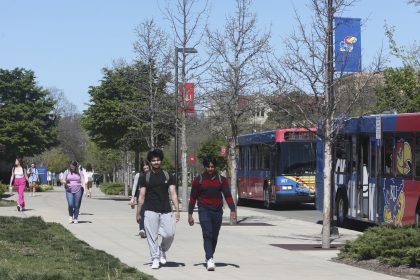FAFSA Simplification Act Delayed

WASHINGTON – The Free Application for Federal Student Aid Simplification Act, which will implement changes to simplify the FAFSA application process, has been delayed by a year.
On Friday, the Office of Federal Student Aid announced that the act will be fully implemented by the 2024-2025 award year, rather than the originally planned 2023-2024 award year that the law states.
Congress passed the FAFSA Simplification Act on Dec. 27, 2020, as part of the Consolidated Appropriations Act. The act examines federal student aid, including the FAFSA form, need analysis and other policies.
The act will also expand the Federal Pell Grant to more students and repeal the lifetime limit on the period a borrower can receive subsidized loans up to 150% of program length.
In a statement for the delay, the Department wrote, “The U.S. Department of Education is working with Congress to provide FSA with additional flexibility for a phased implementation that would extend to the 2024–25 award year while working to implement some provisions early or as originally planned.”
Streamlining the FAFSA form is also included in the act, as well as the removal of questions about Selective Service registration and drug convictions. The act will also add questions about applicants’ sex and race/ethnicity.
According to the Office of Federal Student Aid, it is too late in the development cycle to remove those questions from the 2021-2022 and 2022-2023 forms. FSA said it has provided institutions with guidance on how to eliminate the effects of these questions.
However, some changes will be implemented for the 2021-2022 award year. This includes the removal of negative consequences associated with an affirmative response to drug conviction questions and the removal of the requirement that male students register with the Selective Service System to receive federal student aid.
In a Senate hearing on Wednesday for Biden’s 2022 fiscal year budget for the Department of Education, Sen. Patty Murray, D-Wash., questioned what the Department was doing to implement the act as quickly as possible after its delay Friday.
U.S. Secretary of Education, Miguel Cardona, blamed the delay on systems that don’t have the capacity to keep up with new changes but said the Department was working to speed up the process.
“We have a 45-year-old computer system that can’t handle the changes that are needed and that you voted for,” Cardona said. “So, we need to move quickly, swiftly to make sure we’re prioritizing that. That’s critically important.”























